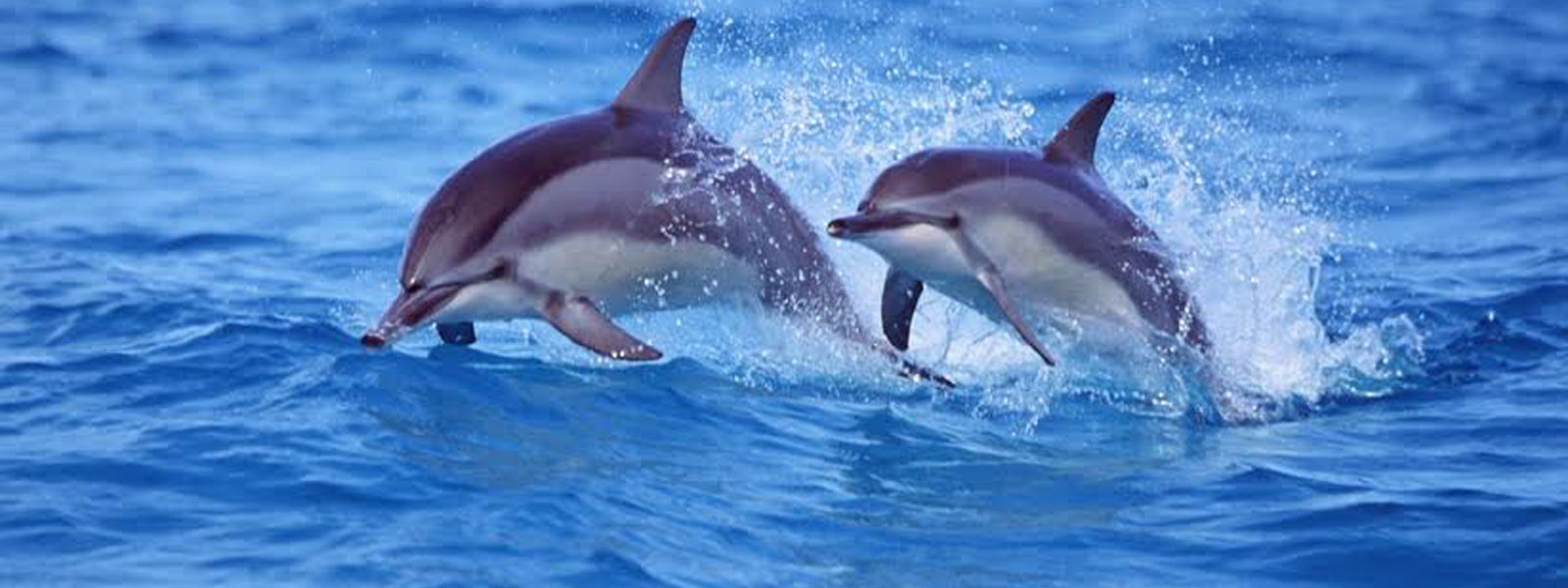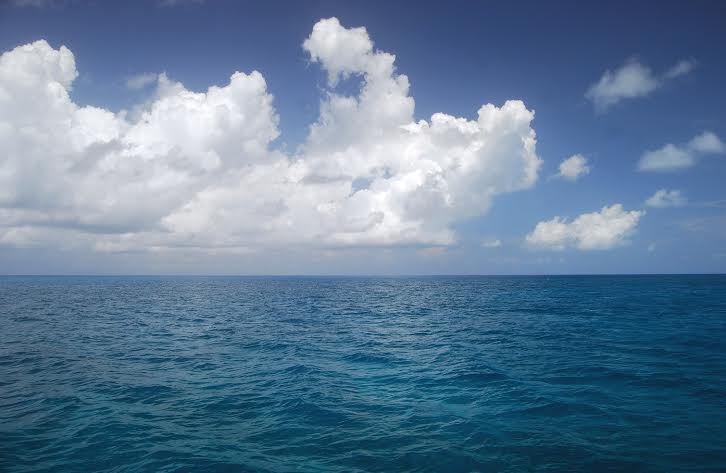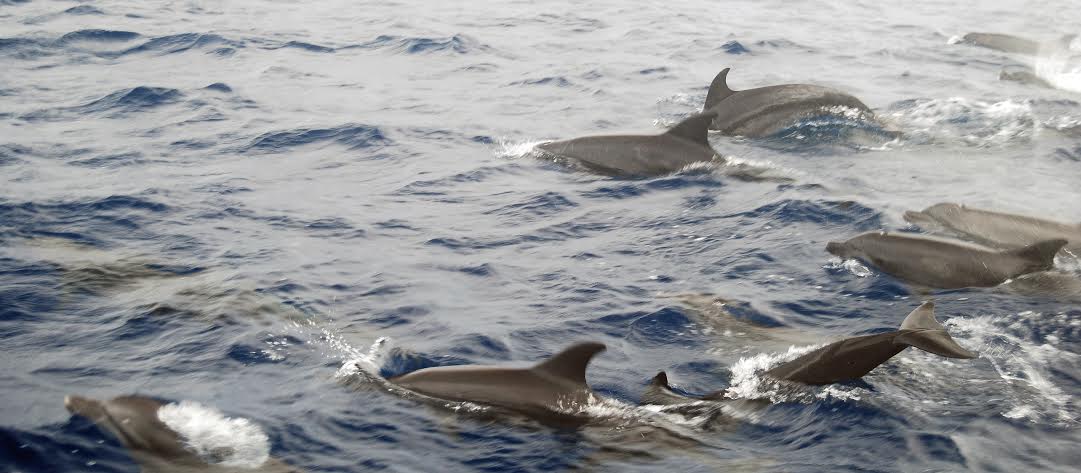

I floated at the surface, limbs outstretched, and thought I must look awfully funny to a dolphin. The dolphin in fact did not laugh out loud, but it looked as though she was smiling.
I was suspended in wonderfully warm and clear water of Bimini. I had joined an eclectic group of activists, scientists, and other folks who love dolphins for a week of swimming with dolphins in the Caribbean. Bimini is a very small island (you can walk the length of it in about three hours) in the Bahamas chain, near Florida, but world’s away in atmosphere.

We had joined Wildquest, a small outfit that combines respect for the Earth and the dolphins with daily cruises out to find the wild dolphins. We stayed on land in the evenings in nice rooms by the shore, with excellent meals. Additional features include classes in yoga and meditation as well as (for an extra charge) massages and other body work.
Every day at 11 AM, we would gather at the boat and take off looking for dolphins. We had snorkeling opportunities at reefs. Tropical waters are such a treat (I come from the San Francisco Bay Area where the ocean waters are way too cold for me all year long).
I asked Amlas McLeod, our leader and co-owner of Wildquest, what she thought people got out of the trip, getting together with pods of Atlantic spotted dolphins in the ocean.
“It makes them better people!!” she answered with enthusiasm. “If you check our trip advisor account - 200 reviews - it gives an idea of the value of our trips for them. The dolphins’ message seems to be playfulness, joy, and us humans do seem to be able to connect to our heart more from this experience.
“I think that the whole experience has an impact as it is not only swimming with these beautiful wild dolphins. It is spending about 7/8 hours on the ocean for 5 days - connecting to nature, also living in community - sharing our experiences with each other and taking care of each other - very much as I see the dolphins doing.”
She added: “I feel there is a longing in western people now to live in a pod - most people seem to live so isolated…”
She was right about that. The Wildquest staff were wonderful to work with and very helpful and friendly. They treated us like family, and we all did the same with each other. About twenty people joined the expedition, and, with several days together on the ocean, people got to know each other quite well.
I especially liked the care with which Amlas and her staff treated the wild dolphins of Bimini. We were all carefully coached before entering the water on dolphin etiquette. We were not to touch or chase the dolphins – we let the dolphins come to us instead. We did not feed or otherwise try to change the dolphins’ behavior. We were visitors, and they were to be respected at all times.
“We have been doing this here for 17 years,” Amlas told me. “And for me the dolphins’ safety is paramount.

“I have developed a local code of conduct together with Kelly Sweeting from the Dolphin Communication Project - who also lives on the island and spends time identifying dolphins etc.
“I like to share this code with any people from the island who are going out to take people swimming with these dolphins. In this way we can share the experience we have had over the last 17 years with any newcomers.”
Not all eco-trip programs are the same. It pays to go out with groups like Wildquest which (1) put the welfare of the dolphins first (or whales or other wildlife encountered), (2) provide support and care to participants to help them both with creature comforts and with their enjoyment of the experience, and (3) seek to reduce impacts on the Earth as part of the overall trip conditions.
Wildquest is taking reservations for upcoming trips in 2016.
